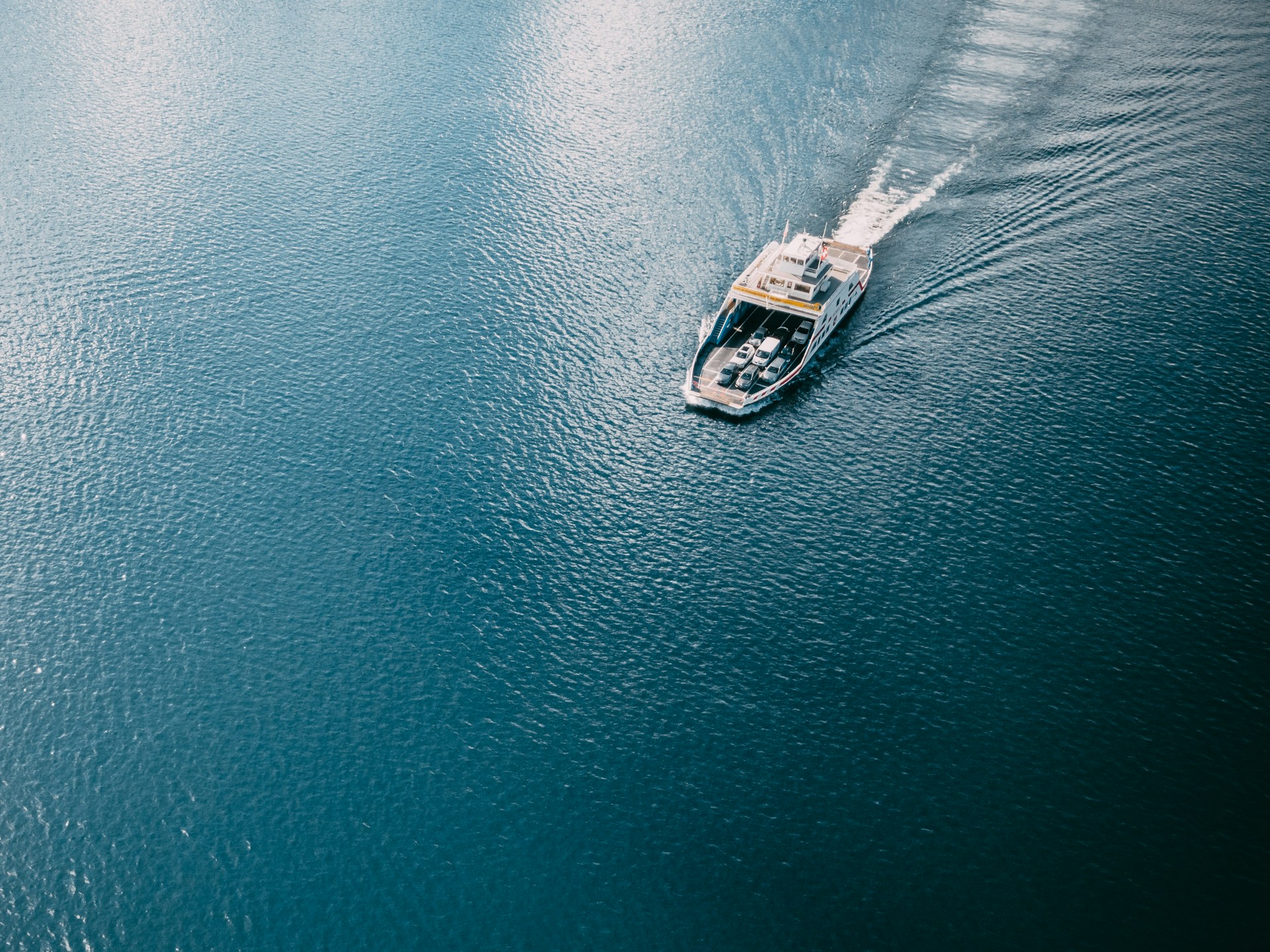Finnish technology company Wärtsilä has been selected to supply the electric propulsion systems for three fully electric high-speed ferries, which are set to operate in San Francisco Bay starting in 2027. These zero-emission vessels will be the first of their kind to be both built and operated in the United States.
The order was placed by U.S.-based shipyard All American Marine (AAM), acting on behalf of San Francisco Bay Ferry—the largest public ferry operator in California. Wärtsilä was chosen largely due to its extensive experience in zero-emission high-speed marine propulsion. No other company has delivered more battery systems for maritime applications worldwide. As of late April, the company’s propulsion systems are powering what is considered the “world’s largest battery-electric ferry,” operating between Montevideo, Uruguay, and Buenos Aires, Argentina. Wärtsilä was also recently tapped by shipping operator Scandlines to electrify two passenger ferries on the Rødby–Puttgarden route between Denmark and Germany.
“These ferries, which will carry up to 150 passengers, represent a critical step toward sustainable and innovative waterborne transportation,” said Ron Wille, President of All American Marine. “We’re confident that Wärtsilä’s state-of-the-art technology will help make this groundbreaking project a success.”
The ferries are part of the REEF Ferry Program, short for “Rapid Electric Emission Free,” which is an initiative by San Francisco Bay Ferry to convert its fleet to zero-emission propulsion technologies. These new vessels will serve newly developed routes connecting the emerging neighborhoods of Treasure Island and Mission Bay with downtown San Francisco’s ferry terminal.
Wärtsilä will provide the full electric propulsion package, which includes the Energy and Power Management System (EPMS), the Integrated Automation System (IAS), battery packs, DC hubs, transformers, electric motors, and shore-side charging infrastructure. Deliveries of the systems are scheduled to begin in 2026, with the ferries expected to enter service in early 2027.
Jan Othman, Vice President of Project Services at Wärtsilä Marine, views the contract as a strong endorsement of the company’s expertise. “This collaboration supports our global mission to decarbonize the maritime industry and sends a powerful message in favor of sustainable mobility in the U.S.,” he stated.
The basic design of the vessels was created by Aurora Marine Design, with Teknicraft handling the detailed engineering. The catamarans will be approximately 30 meters (98 feet) long and nearly 8 meters (26 feet) wide, powered by two 625-kilowatt electric motors. They will reach speeds of up to 24 knots, or about 45 kilometers per hour (28 mph).
